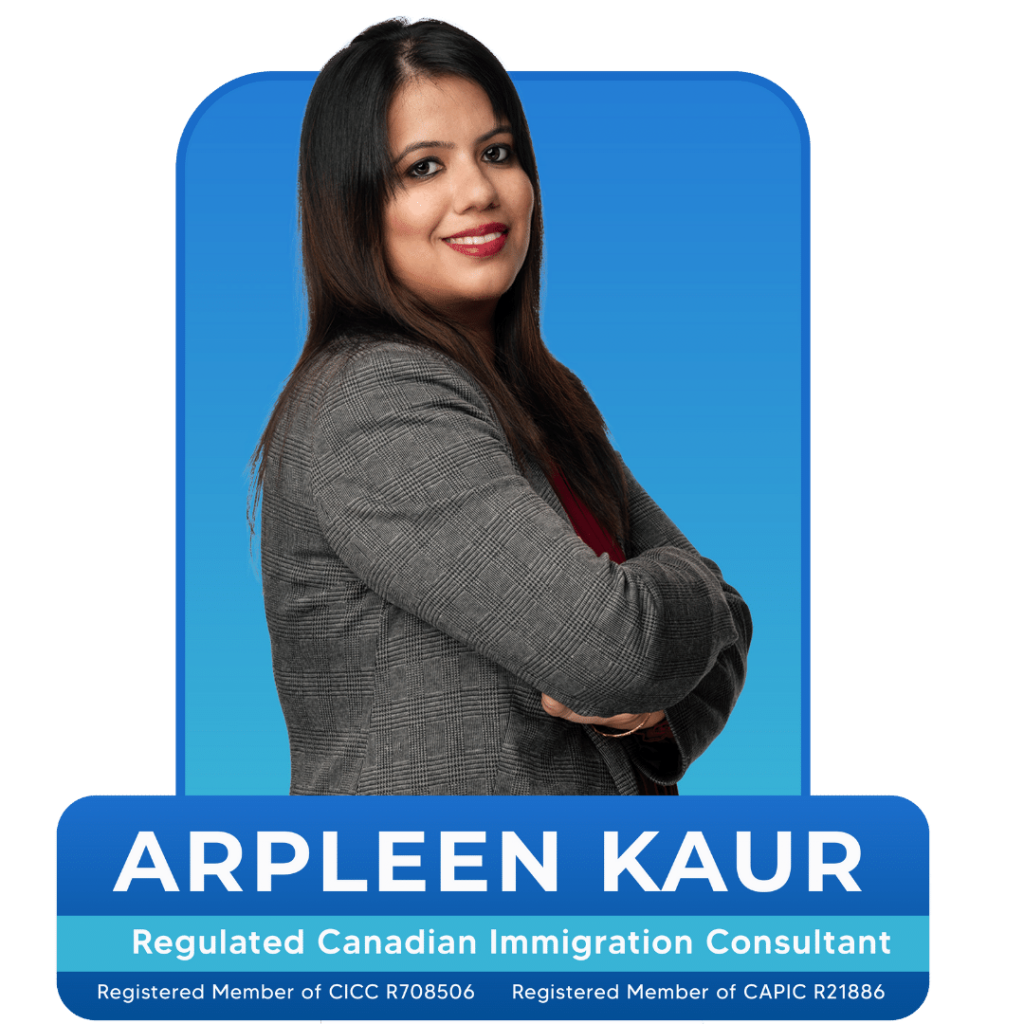Study Visa Consulant in Saskatoon
Study in Canada
Canada offers world class education. Canada boasts of some highly renowned universities throughout the world. Any degree, certificate, or diploma issued in this country stands equal to the qualifications presented in some of the leading countries. The good news is that tuition fees for studies are affordable in Canada among English-speaking countries. Whatever your budget may be, you’ll find something just right for you in Canada’s diverse range of education options. There’s a wide array of Canadian institutions to choose from, but whether you attend a university, college, or vocational school, there’s no doubt that a Canadian education is world-class.

Moreover, Canada allows all international students to work for up to 20 hours every week during their semesters and full-time during the summer and winter breaks. Hence students can earn while they learn. Another big reason for choosing this country for studies is personal safety. Canada is considered one of the safest countries for international students to live and work. The ultimate benefit is the immigration. Canada has a lot of programs designed to encourage international students to transition to permanent residence after their studies.
Study Permit
Is Canada your dream destination for studies? Forward Direction immigration is here to help you to realize the dream. We have all the answers to your queries.
Under the international student program, a study permit is issued when a foreign national has been accepted to undertake a program of study that is more than 6 months in duration at a Designated learning institute (DLI).
Eligibility:
- Letter of appreciation from designated institute where you intend to study
- Pass medical examination if required
- Proof of finances to support tuition fees and living cost in Canada.
- Proof of valid language test result either in English or French.

Student Direct Stream(SDS)
It is a program that has been introduced for international students of certain countries to expedite the study permit process at a post-secondary designated learning institution (DLI). SDS applications are processed within 20 calendar days if the eligibility requirements are met. It is to be noted that only applications submitted online are eligible for SDS processing.
Eligibility
- You must submit proof of a valid language test result within 2 years of the date the SDS application was received. For example, IELTS and TEF.
- Proof of a guaranteed investment certificate (GIC) of CAN $ 10,000 or more from any bank.

- Proof of full payment of tuition for the applicant’s first year of study.
- Letter of acceptance from a post-secondary DLI.
- Most recent secondary or post-secondary educational transcript.
- Proof of completion of upfront medical examination.


"Paving your Path to Success"
- Expert Consultation
- Advice that Matters
- Quick Time Response
- Affordable
Frequently Asked Questions
A study visa, also known as a study permit, is a document that allows international students to study in Canada at designated learning institutions (DLIs). A study visa is required for any foreign national who wants to study in Canada for more than 6 months.
To apply for a study visa, you must first be accepted by a DLI in Canada. Once you have been accepted, you will need to provide the following documents:
- Letter of acceptance from a Canadian DLI
- Proof of financial support to cover your tuition fees, living expenses, and return transportation
- A valid passport or travel document
- Proof of English or French language proficiency
- A police clearance certificate
- Medical exam results
Once you have gathered all the necessary documents, you can submit your application online or in person at a visa application centre.
If your application is approved, you will receive a study permit, which allows you to study in Canada for the duration of your program. Note that you may also need to apply for a visitor visa or an Electronic Travel Authorization (eTA) if you are from a visa-required country.
To be eligible for a study visa (also known as a study permit) in Canada, you must meet the following criteria:
Acceptance by a Designated Learning Institution (DLI): You must have a letter of acceptance from a Canadian DLI indicating that you have been accepted into a program that is at least six months long.
Proof of financial support: You must demonstrate that you have sufficient funds to cover your tuition fees, living expenses, and return transportation. You will need to provide evidence of your financial capacity, such as bank statements, scholarship letters, or a letter from your sponsor.
Meet the health and character requirements: You must undergo a medical examination and provide a police clearance certificate to demonstrate that you do not pose a health or security risk to Canada.
Proof of language proficiency: You must provide proof of proficiency in English or French by taking an approved language test.
Meet the requirements of the Immigration and Refugee Protection Act and Regulations: You must show that you intend to leave Canada at the end of your authorized stay and that you will not engage in any unauthorized work or study.
Pay the application fee: You must pay the non-refundable application fee when submitting your application.
Note that meeting these eligibility criteria does not guarantee that your application will be approved. The visa officer will consider all aspects of your application before making a decision.
The processing time for a study visa (also known as a study permit) in Canada varies depending on the country or region where you are applying from.
According to the Canadian government’s website, the processing time for a study permit is typically around 20 calendar days if you are applying from outside Canada. However, the processing time may be longer if additional documents or information are required, or if there are complications with your application.
It is recommended that you submit your study permit application as soon as possible after receiving your letter of acceptance from a Designated Learning Institution (DLI), as processing times can be unpredictable. You should also make sure to provide all necessary documents and information with your application to avoid any delays.
To apply for a study visa (also known as a study permit) in Canada, you will need to provide the following documents:
A letter of acceptance from a Canadian Designated Learning Institution (DLI) indicating that you have been accepted into a program that is at least six months long.
Proof of financial support to cover your tuition fees, living expenses, and return transportation. This can include bank statements, scholarship letters, or a letter from your sponsor.
A valid passport or travel document that is valid for the duration of your stay in Canada.
Proof of English or French language proficiency by taking an approved language test, such as IELTS or TOEFL.
A police clearance certificate from your home country or any country where you have lived for more than six months in the past 10 years.
Medical exam results from a doctor approved by the Canadian government, if required.
A completed application form, which can be submitted online or in person at a Canadian visa application centre.
Note that additional documents may be required depending on your specific circumstances. It is important to check the specific requirements for your country of residence and to provide all necessary documents to avoid any delays in processing your application.
To obtain a study visa (study permit) in Canada, you must demonstrate that you have sufficient funds to cover your tuition fees, living expenses, and return transportation. The amount of money you need to show depends on various factors, including the duration of your program, the city you will be studying in, and your living arrangements.
As of 2023, the Canadian government recommends that you budget approximately CAD $10,000 to $15,000 per year for living expenses, in addition to your tuition fees. However, the exact amount may be higher or lower depending on your situation.
You will need to provide evidence of your financial support, such as bank statements, scholarship letters, or a letter from your sponsor. The Canadian government may also require you to provide additional documentation, such as a financial plan or a letter from your bank indicating your available funds.
It is important to ensure that you have sufficient funds to cover your expenses throughout your stay in Canada, as you may not be able to work full-time while studying. If you are bringing family members with you, you will also need to show additional funds to cover their expenses.
Yes, you are required to have medical insurance for the entire duration of your stay in Canada as a student.
The Canadian government requires that all international students have health insurance to cover medical costs, including hospitalization, doctor visits, and emergency services. This is to ensure that you have access to necessary medical care while you are studying in Canada.
Some provinces in Canada have their own health insurance plans for international students, while others require students to purchase private health insurance. It is important to check the specific requirements for your province of study and to obtain the necessary coverage before you arrive in Canada.
In addition to medical insurance, you may also want to consider purchasing other types of insurance, such as travel insurance or tenant insurance, to protect yourself in case of unexpected events.
Yes, international students in Canada are generally allowed to work part-time during their studies, as long as they meet certain requirements.
International students who hold a valid study permit and are enrolled full-time at a Designated Learning Institution (DLI) may be eligible to work up to 20 hours per week during the academic year and full-time during scheduled breaks, such as winter and summer holidays.
Working in Canada as an international student can provide valuable work experience and help offset the costs of tuition and living expenses. However, it is important to note that your studies should remain your main focus while you are in Canada, and that working too many hours could negatively impact your academic performance.
In addition, some programs or schools may have specific restrictions on working while studying, so it is important to check with your school or program coordinator to ensure that you are following all applicable rules and regulations.
Yes, you may be able to bring your family members with you to Canada on a study visa (study permit) under certain conditions.
If you are enrolled in a full-time program that is at least six months long, your spouse or common-law partner and your dependent children may be eligible to apply for a visitor visa or a work permit to accompany you to Canada.
To be eligible, you will need to demonstrate that you have sufficient funds to support your family members during their stay in Canada, and that you have arranged for their health insurance coverage. In addition, your family members may be required to undergo medical exams and provide police clearance certificates, depending on their country of origin.
It is important to note that bringing your family members with you to Canada can increase your expenses and affect your ability to focus on your studies. Before making any decisions, it is important to carefully consider your financial and personal circumstances, and to consult with a qualified immigration lawyer or consultant for advice on the best course of action.
If you need more time to complete your studies in Canada, you may be able to extend your study visa (study permit) to stay in the country.
To apply for a study visa extension, you must meet the following conditions:
You must still be enrolled in a Designated Learning Institution (DLI) in Canada and be actively pursuing your studies.
You must apply for an extension before your current study permit expires.
You must demonstrate that you have sufficient funds to support yourself during your extended stay in Canada.
You must provide a letter from your school or program coordinator confirming that you are making satisfactory progress towards completing your studies.
You must meet all other eligibility requirements for a study visa, including language proficiency and medical exams, if applicable.
To apply for an extension, you can submit an online application or paper application to the Immigration, Refugees and Citizenship Canada (IRCC). The processing time for a study visa extension can vary, so it is important to apply well before your current permit expires.
It is important to note that you cannot extend your study permit beyond the expiry date of your passport. If your passport is expiring soon, you may need to renew it before you can apply for a study permit extension.
Yes, international students who have completed their studies in Canada may be eligible to apply for permanent residence through various immigration programs, depending on their qualifications and circumstances.
The most common pathway to permanent residence for international students is through the Canadian Experience Class (CEC) program. To be eligible for the CEC program, you must have at least one year of skilled work experience in Canada, and meet other requirements such as language proficiency and educational qualifications.
Other pathways to permanent residence include the Federal Skilled Worker Program (FSWP), the Provincial Nominee Program (PNP), and the Quebec Experience Program (PEQ), among others. Each program has its own eligibility requirements and selection criteria, so it is important to carefully review the requirements and consult with a qualified immigration lawyer or consultant for advice on the best pathway for you.
It is important to note that obtaining permanent residence is a complex and competitive process, and meeting the eligibility requirements does not guarantee that you will be selected for permanent residence. However, having Canadian education and work experience can increase your chances of success in the immigration process and can provide many benefits to your future in Canada.
Discuss your study visa requirements today.

